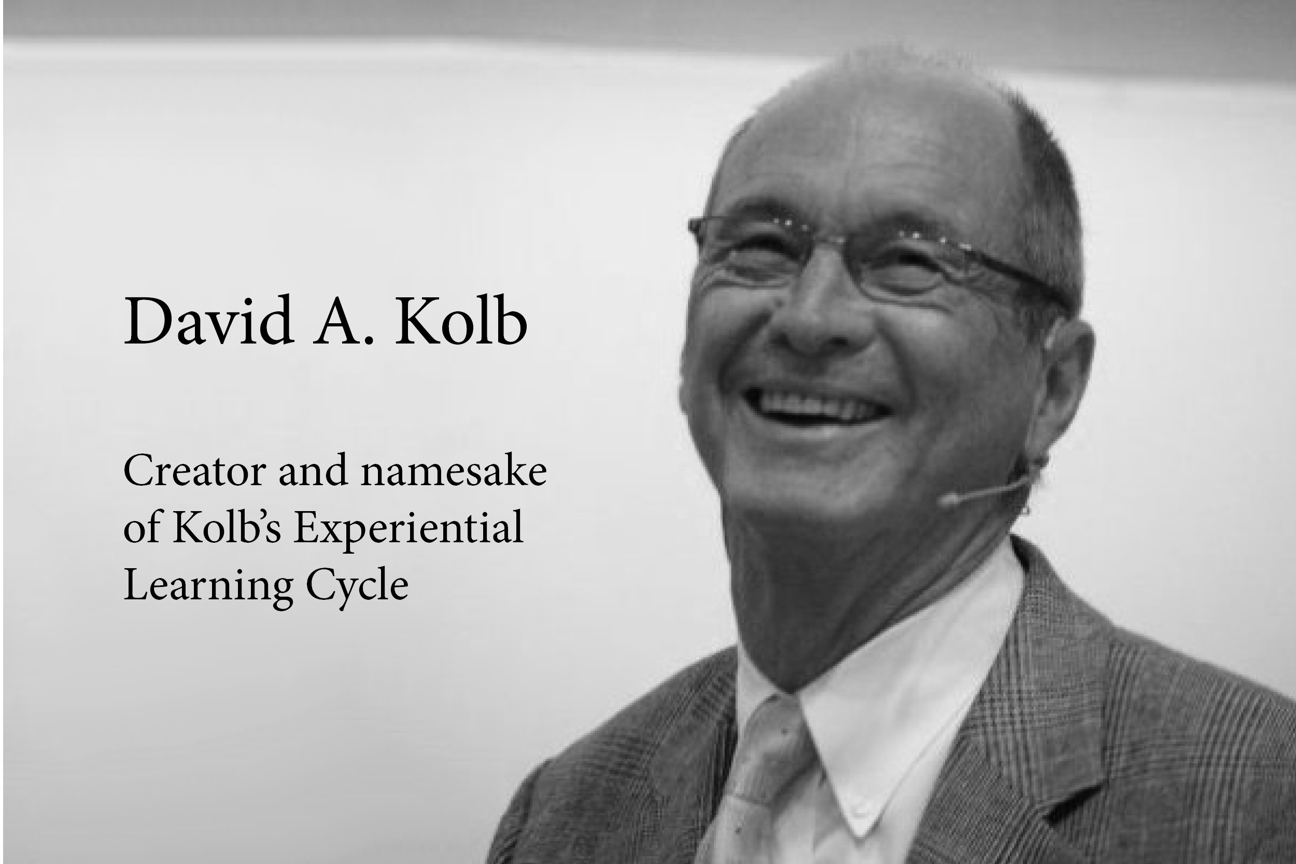Reflecting On 2024 Like An Expert
by Caleb Harris-Reeve
At Dynamic Training, we’ve spent decades helping people in healthcare settings to develop within their every changing field of work. We observe, coach and advise, teaching well researched techniques backed by formal qualifications. In this blog, I will be discussing one of the lesser-known methods of reflecting. This skill in is a must-have regardless of your goals or your line of work.
We often post about subjects similar to this on our blog. To follow these topics, and similar articles, you can view our blog or follow us on LinkedIn or Facebook.

In a world of bad habits...
It’s a natural instinct to reflect on the past, but people using nothing but their own instincts will very rarely see the change they’re hoping for. Some people dwell too much on things they can’t change and get caught up in guilt or regret without any practical outcomes. Some people try to avoid looking into the past only to repeat the same mistakes again and again. Some people remove emotion from their reflections, only focusing on practical things with no thought of the personal implication. My biggest mistake is only reflecting in the short term, making tweaks and changes to build a concept gradually instead of reflecting on the bigger picture. Whatever your pitfall, rest easy. This guide will give you all the information you need to reflect on this past year in a way that makes sense for you.
The idea I’d like to introduce you to is known as Kolb’s Experiential Learning Cycle. The core idea here is that learning comes in phases and never ends so every phase influences the next. This is a great way to evolve as a person because it emphasises the continuous nature of development.
Phase 1: A thing happens
Officially this phase is called “Concrete experience” but all you have to remember is that a thing happens. This is probably what you begin to think about when you try to reflect. It’s a real-life thing that you can learn from, something you did well at work or a project that didn’t succeed or a personal venture that got derailed. Whatever it is, the first step in this cycle of learning and reflection is that something happens for you to learn from and reflect upon. This phase has likely already happened if you’re currently ready to analyse and learn from your 2024.
Phase 2: What happened?
Phase 2 is the first piece of reflection to take place. Officially called “Reflective observation” this is where you start as you begin to analyse your 2024, it can be a daunting challenge so use your time and be methodical about it. Ask yourself practical questions: What approach was used and how did it affect the outcome? What went well? What went wrong? How did you feel?
This stage is all about insights, the next phase is about making sense of them.
Phase 3: Why did it happen?
Known formally as “abstract conceptualisation”, this phase is all about the root cause of those insights you discovered during phase 2. If you’ve uncovered a way that you felt or a method that didn’t work, why did you feel that way? Why didn’t that method work? And most Importantly, what can be done to solve these problems? This phase is all about the root cause, the circumstances or underlying issues that led you to this point.
A problem can be solved for a day by understanding what happened, but it can be solved for life by understanding why it happened.
Phase 4: Only one way to find out…
So you’ve done something that calls for refection, you’ve taken time to understand what happened, you’ve gone deeper and looked into the root cause which has allowed you to come up with abstract ideas about how you can do it better. But how do you know that these ideas can even work? Well… there’s only one way to find out: Active experimentation is the final phase. Take what you’ve learnt and share it with your team, implement your thoughts and ideas whenever possible and take head of the outcomes. Apply your modified concepts to the world around you and remember that things still won’t be perfect, just hopefully slightly better than they were at the start of the cycle.
Phase 1: 2025
Confession time: I told a fib in the last paragraph. There is no final phase, that’s what’s so great (and so scary) about this concept. The next phase of infinite phases is the same as phase 1. Things will continue to happen and if you’re clever about it you’ll continue to reflect. Everything you’ve learnt from 2024 will have to be carried with you on top of everything you pick up in 2025, it doesn’t always get easier but it does always make you stronger and more competent. You can think of this as a guide on how to carry so much experience without getting injured, the metaphorical “lift with your legs” of the professional world.
To keep up to date with upcoming blogs and industry developments, follow us on LinkedIn or Facebook.
All of the Apprenticeships and Workshops we offer are purpose-built with accessibility and inclusion in mind. You can view our courses or contact us to find out more about how we can empower you or your workforce with apprenticeships or training programmes.

Dynamic Training are experts in Healthcare Education. Follow our blog for the latest industry news, insight and advice from industry experts.

Dynamic Training has an expert team of trainers delivering high-quality apprenticeships across the health, social care and business sectors, making sure you get the best out of your workforce.

Dynamic Training cares deeply about creating an inclusive and accessible enviroment for our learners. We have a proud record of getting the best out of every learner and adjusting our training to suit them.
Learn more about how Dynamic Training has provided a positive and inclusive learning environment.
